Ketamine Treatment: What Does Ketamine Do to the Brain?
Ketamine is the biggest discovery for treatment resistant depression, suicide ideation and pain management in decades. Ketamine affects the brain differently from traditional antidepressants. It is now FDA approved
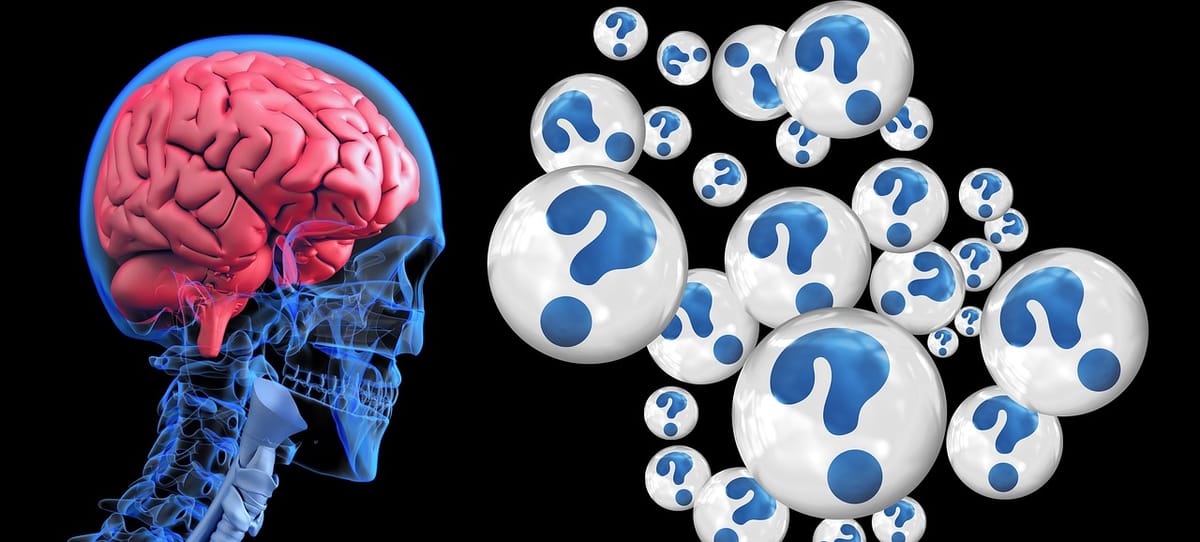
Before I start to address how ketamine works on the brain, I want to take the time to explain what is ketamine? I'm going to give you a brief overview of the ketamine story. The FDA approved ketamine as an effective general anesthesia medicine in the 1960s. It was used surgical anesthesia to treat injured soldiers on battlefields during the Vietnam War. With its pain-relieving properties already known, the use of ketamine has become a vital tool for clinicians to manage battlefield injuries and severe pain outside clinical settings. It saved thousands of our soldiers lives.
Its sedative and amnesic effects allow it to provide pain relief without negatively affecting airway reflexes or cardiovascular functions. It did not cause lowered blood pressure on the battlefield as other drugs that have been previously used on the battlefield.
Recent studies have shown that this medication can act as an effective preventative measure against opioid hyperalgesia. That is a big term. Hyperalgesia is a term meaning an increased pain response. It can result from either injury to part of the body or from use of opioid painkillers. Yes, the higher the dose of pain medications you take, the more sensitive to pain you become.
What is opioid-induced hyperalgesia (OIH)?
So a person becomes more sensitive to pain as a result of taking opioid medication, This is called opioid-induced hyperalgesia (OIH). Due to the increase in opioid usage, OIH is becoming more of a concern.
Something that typically wouldn’t cause pain will often feel painful to someone with hyperalgesia. Things that are generally painful will feel significantly more so for someone with the OIH. Ketamine is an invaluable for addressing conditions that require the use of opioids. So, the cycle of pain, needing more pain medication to relieve the pain is a cycle. Pain meds make you more sensitive to pain. It helps break that cycle or prevent that cycle from occurring.
Ketamine a breakthrough treatment, history of ketamine
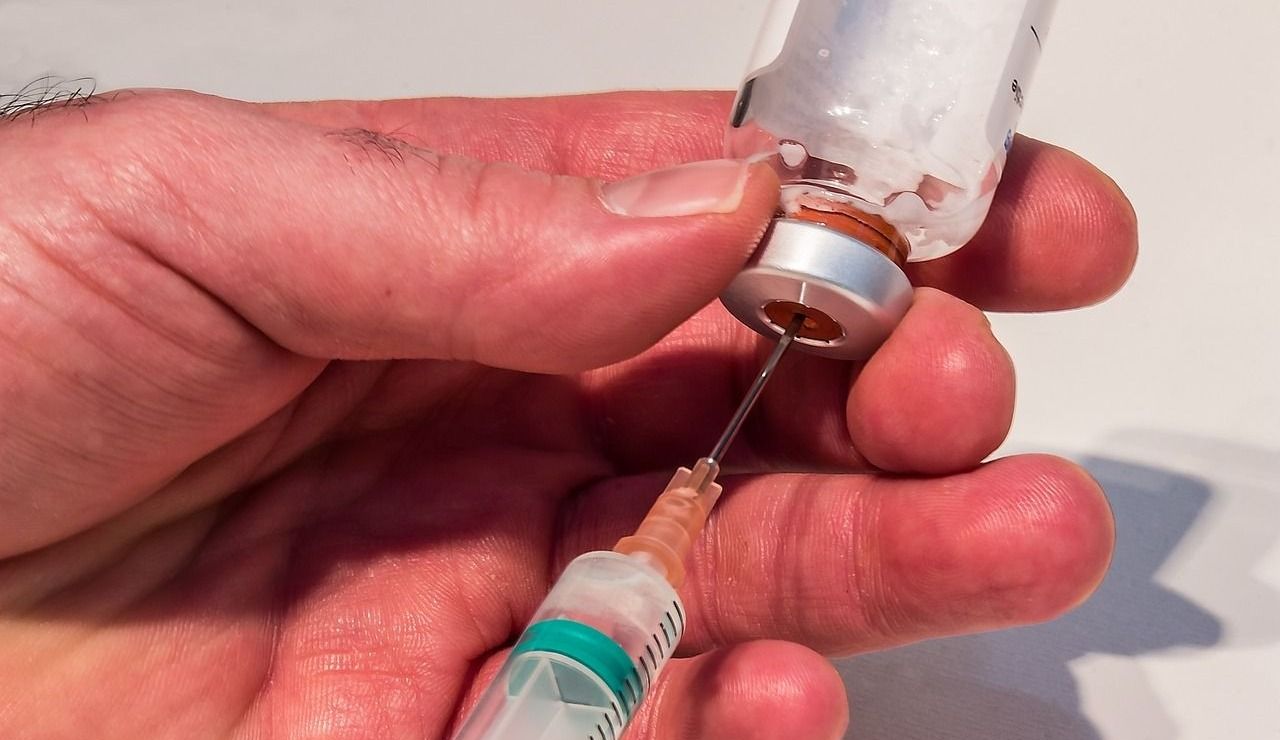
So, let's talk about how ketamine anesthesia has led to the biggest discovery for treatment resistant depression, suicide ideation and pain management in decades. Ketamine affects the brain differently from traditional antidepressants
Emergency responders began using ketamine hydrochloride for agitated patients – including those attempting suicide. It was the use of ketamine in the emergency department, health care professional began to realize its powerful effects against depression and acute suicidal ideation. First responders were finding that patients with acute suicidal ideation were denying they had suicide thoughts after receiving a ketamine treatment for acute pain management for their suicide attempt.
Ketamine hydrochloride, is called a dissociative anesthetic. It is known for creating a “dissociative experience” or what most people would call a “trip," which led to ketamine being labeled in the long list illicit drugs or a "club drugs."
Ketamine is known for its diverse and multi-leveled effect on the brain. The effects of ketamine has been studied extensively within the realm of human neuroscience.
Ketamine is a Powerful Brain Stimulator
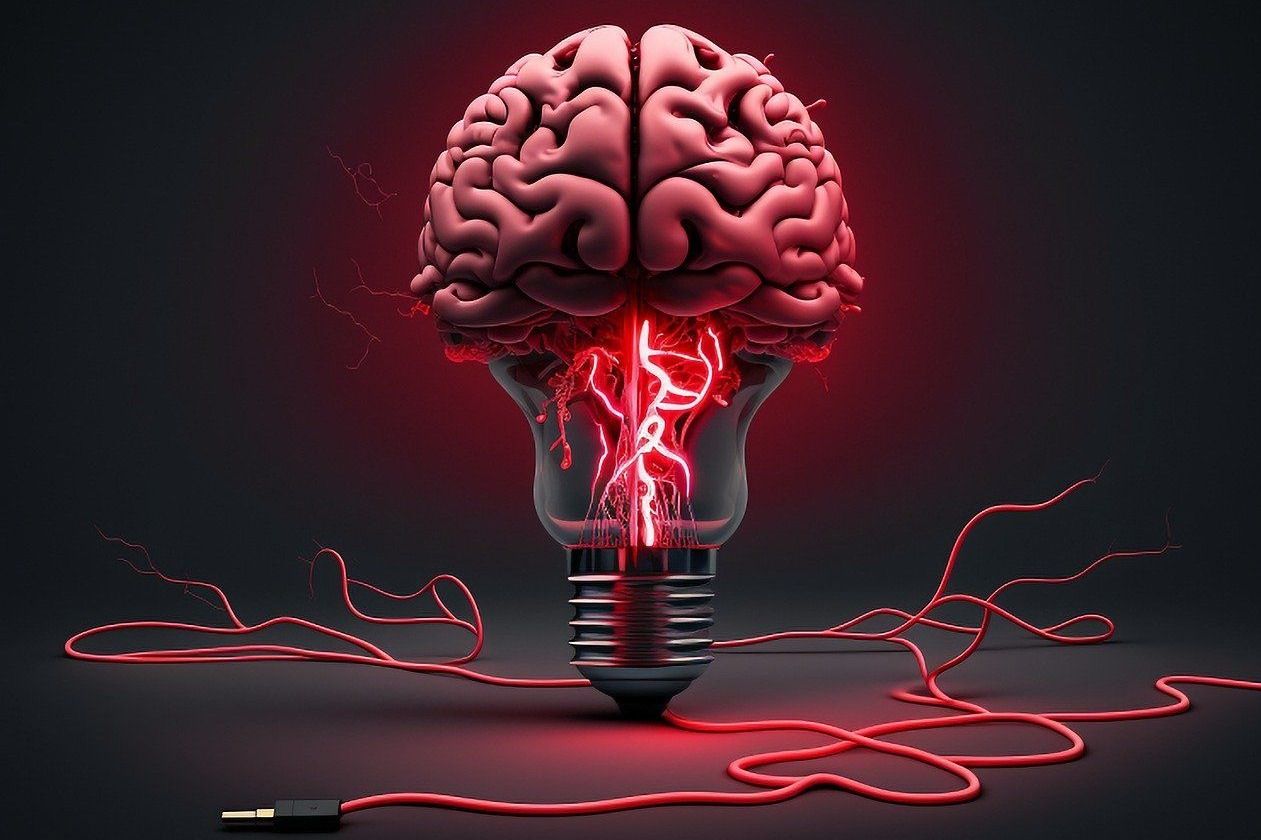
Researchers have found that it can act as a powerful brain stimulator, helping to improve brain function in areas such as memory, decision making, and learning. This has made ketamine increasingly attractive to researchers looking to develop treatments for brain-related issues such as stroke and brain injuries.
So, let's talk about how ketamine may work on the brain and how it has become the biggest breakthrough in mental health. in decades. I am going to include pain management as well. Ketamine hydrochloride is providing relief from devastating and unrelenting chronic pain conditions like Chronic Regional Pain Syndrome also called, RSD That is Reflex Sympathetic Dystrophy.
Understanding how it works requires delving into both neurotransmitter changes, as well as regions of the brain impacted by ketamine use. Don't worry, I will break how ketamine works in bite size and understandable terms for those not in the medical field.
Ketamine's effect on brain activity
Ketamine is an interesting drug due to the effects it has on brain activity. It appears to stimulate brain derived neurotrophic factor (BDNF). That is a protein involved in learning and memory, as well as brain plasticity. This means that ketamine may have a positive effect on brain function and can be useful for treating depression, post-traumatic stress disorder, bipolar disorder, and more.
The therapeutic effects of ketamine are due to changes it creates in your brain. Different neurotransmitters and regions within the brain respond differently. A neurotransmitter is a chemical substance in the brain. They are chemical messengers that help nerve cells or neurons, communicate with each other. There are many different types of neurotransmitters. They include serotonin, dopamine, glutamate, and acetylcholine. Neurotransmitters serve several functions in our brain. They regulate our appetite, the sleep-wake cycle, and our moods.
What are the Neurotransmitters Glutamate and GABA (gamma-Aminobutyric acid,)
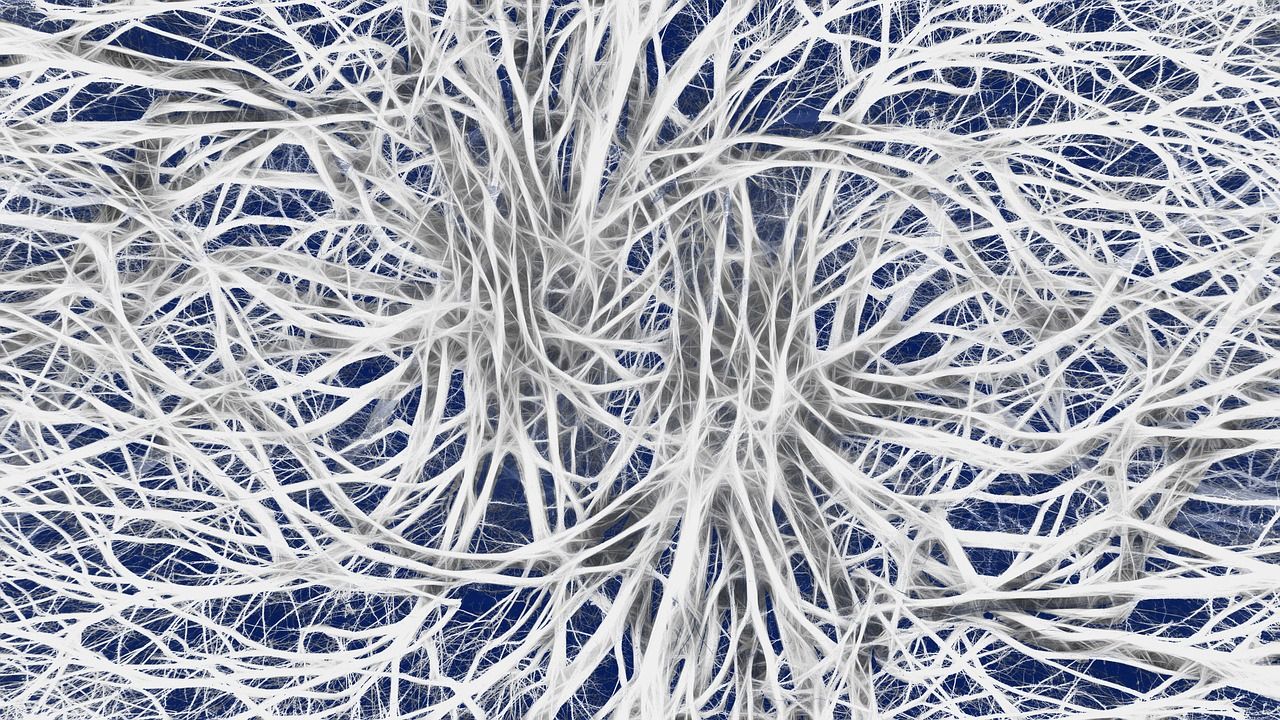
Lets. talk about the neurotransmitters Glutamate and GABA (gamma-Aminobutyric acid,). Glutamate is an excitatory neurotransmitter. GABA (gamma-Aminobutyric acid,) is an inhibitory neurotransmitter. If the brain was a car, Glutamate would be the “gas pedal chemical and GABA is as the “braking system ” of central nervous system.
Glutamate and GABA when they work together, they are systems make the brain function as a finley tune car. This allows for balanced messaging between neurons. Ketamine has been found to help restore this balance when it is disrupted due to conditions such as high anxiety, mood changes or dependence on depressants like alcohol or opioids.
Additionally, ketamine can directly impact glutamate levels which have critical implications in areas like major depressive disorder (MDD) and in the treatment of acute suicidal ideation.
Recent animal studies conducted by Yale researchers have revealed incredible findings on the effects of ketamine and its influence on synapses in the prefrontal cortex, a region known to shrink due to depression. Amazingly, only two hours after administering a single dose of ketamine resulted in an increase both in number and function of these key neural connections! Ketamine produces feelings of This discovery is consistent with previous research that demonstrate how effective this substance can be for rapidly treating symptoms associated with depressive disorders.
How ketamine affects the depressed brain
Think of the depressed brain looking like a forest in winter. The trees and branches are bare. Then, think of ketamine as spring time for the brain. A dose of ketamine causes the brain to reconnect broken synapses. Think of how the trees come to life in the spring. The leaves and branches come alive.
That is the effect of ketamine on the brain of a depressed person. An oral antidepressant takes weeks or sometimes months before a depressed person may feel any relief. Antidepressant drugs focus on different neurotransmitters. Ketamine appears to work immediately and relieve those suicidal thoughts in depressed patients. Ketamine produces feelings of relaxation, euphoria, and mental clarity.
How Ketamine Affects the Different Regions of the Brain
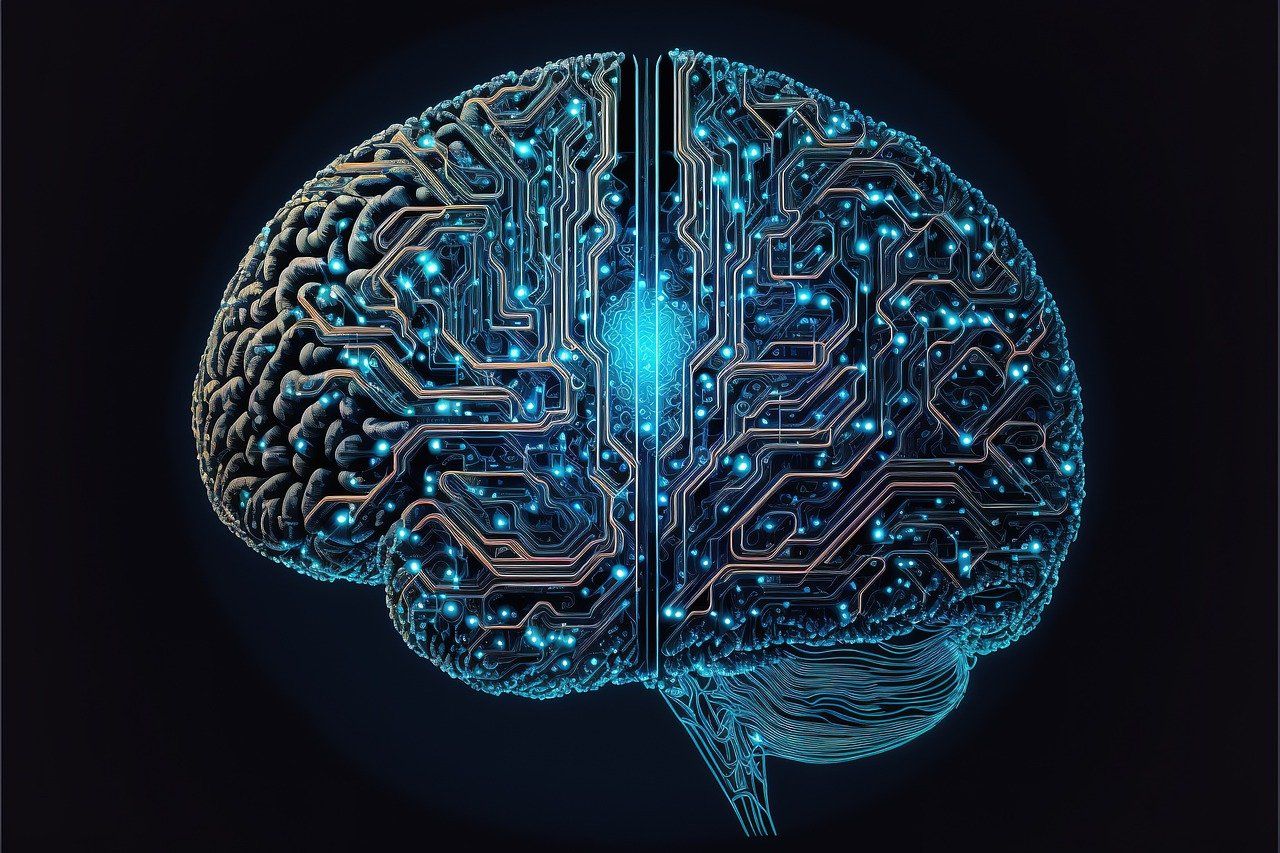
Studies on the effects of ketamine have revealed some amazing results. Through neural responses, it was found that in people suffering from depression, ketamine increased connectivity to more positive emotions as well improved communication between different parts of the brain such as prefrontal cortex/subcortex and amygdala.
These regions of the brain are associated with fear and anxiety disorders. A little anatomy lesson. The amygdala is a brain region that has fear responses, and its activity often has ties linked to depression. However, the amygdala is more often linked with anxiety disorders such as PTSD.
Doses of ketamine are helping to reduce key symptoms linked with mental health issues can now be addressed through the introduction of this drug!
Interesting results from a study on the effects of ketamine for treating depression showed that improvements in depressive symptoms correlate with increased glucose metabolism and structural plasticity changes across several brain regions. Surprisingly, these findings suggest that not only is ketamine effective at improving anhedonia ( which is emotional numbness or the inability to feel pleasure) but since it also influences physical structure within parts of the brain as well - this could pave new pathways forward when looking to treat depression long-term by utilizing natural chemical responses in our bodies through medication - rather than solely relying on behavioral therapy!
How High Doses of Ketamine Affect the Brain

Let's talk about how doses of ketamine, in high doses actually turns the brain of briefly. Unbelievable as it may sound, a team of researchers from the University of Cambridge have discovered that high doses of ketamine can briefly shut off brain activity.
Examining sheep sedated by this drug, they noticed changes to their brain waves which could explain many out-of-body experiences and states like "the k-hole" – an utter state oblivion. Professor Jenny Morton commented on her groundbreaking discovery: “after the high dose of Ketamine we observed complete cessation in these animals' brains — something never seen before! Fortunately though, within minutes normal functioning was restored—essentially turning [their] minds back on again." This pause in neural function might be behind some truly psychedelic phenomena experienced while under its influence.
Depending upon one’s individual experience, the psychological outcomes may range from psychedelic experiences along with improvement in symptoms of depression and anxiety.
All these effects together give us a better understanding of this powerful substance's impact on our brains—and ultimately why so many are finding relief through its therapeutic benefits.
Ketamine is a powerful drug that has the potential to profoundly affect and alter brain activity. Despite our increasing knowledge of its medicinal value, research continues to uncover new mysteries about how ketamine operates in producing both psychedelic experiences as well as therapeutic benefits. As we continue studying this compound, there’s no telling what other secrets it may reveal!
Treatment Resistant Depression and Ketamine

I suffer from treatment resistant depression. I have tried every antidepressant on the market. I have tired other drugs that are supposed to enhance the effects or the oral antidepressants. I explored ketamine and learned about its treatment for mood disorders and antidepressant effects.
I first learned of ketamine in the 90's when I was working as a nurse liaison for the visiting nurses. I did an evaluation on a young woman that had developed CRPS. At that time, there was a doctor in philadelphia that was treating this horrific chronic pain condition in europe with ketamine comas. This chronic pain condition is called the suicide disease, because so many lose hope as they live with this debilitating condition.
Little did I know that in the future, my oldest son, Geoff, A Korean linguist, would develop this unrelenting an unforgiving pain syndrome. I was unsuccessful at advocating to have the military medical delivery system to send my son to europe for this life saving treatment. Sadly, my son completed suicide 8 years after his diagnosis. He had been in Waco VA behavioral health and killed himself a day after discharge.
We have 22 veterans die from suicide. It was the doctors at the VA that pushed for this drug to get FDA approval. As ketamine becomes more mainstream with a growing industry, the Veterans administration has approved this as standard for treating many different psychiatric disorders that plaque our soldiers and veterans. If you have a veteran that suffers from PTSD, depression or drug addiction, taking ketamine may help them over come their demons.
I want to address the questions I get so frequently on how dissociative drugs, like ketamine cause psychedelic experiences while causing improvements in depression. The use of ketamine is growing in the mental health field. It has come a long way from being a general anesthesia.
Dissociative anesthetics such as ketamine are used to treat disorders like depression, anxiety and addiction. But what is it really?
What Does Dissociation mean?
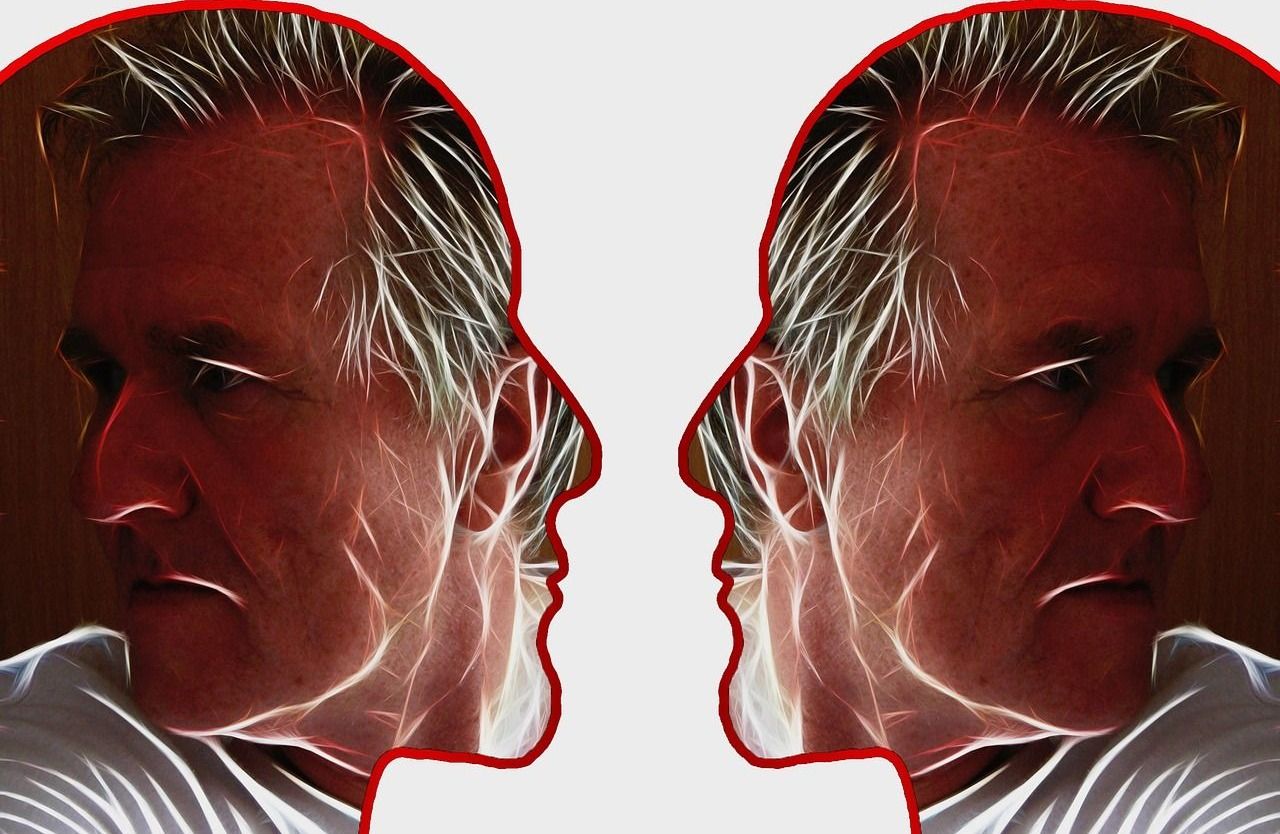
Dissociation refers to a state of consciousness where you detach from thoughts or feelings around your identity - similar in ways to deep meditation. Many people describe the sensation connected with dissociation as freeing and relaxing; providing them with a unique insight into themselves without judgement or control.
When you receive a ketamine treatment, you will feel the effects of it in a few minutes. Depending on the route of administration, the amount you absorb will impact your experience. There are many ways to take ketamine. The platinum standard and best route of administration for a mental health diagnosis, is intravenous injection.
Of course, ketamine users can also seek relief from their symptoms via an intramuscular injection, a nasal spray and even in oral form- its called a troche. I'm told that the oral ketamine may taste like draino!! I know compounding pharmacies are trying to make it more palatable.
Effects of ketamine treatment
The effects of a ketamine treatment can produce feelings of calmness and muscle relaxation. Many experience visual and sensory distortions. I have witnessed several patients, veterans that sob and face the demons of war, death and destruction. The hallucinogenic properties of ketamine can also create a sense of detachment from the environment around you. As well as it enables you to be detached from your memories. While this detachment is not necessarily dangerous, it should be monitored closely by medical professionals to ensure that any adverse side effects are minimized.
The importance of ketamine and talk therapy as part of a care plan
The therapy process when taking ketamine should include talk therapy. This is so patients can articulate their feelings after ketamine infusion. Some work with a therapist via telemedicine during the session. Other visit their therapist with in days of their treatment.
I want you to know, many find it hard to find the right words and express themselves during or even immediately after a session. This is completely normal! Ketamine has a half-life of 3 hours and works as both anaesthetic at high doses while supporting healing from mood disorders such as anxiety or depression when used in low doses. During treatment with low dose ketamine patients may experience dissociation - a sense of separation between body and mind.
Ketamine also induces almost complete sensory detachment from the environment around them. This process of dissociation can give patients the chance to reflect on their life experiences with greater clarity, allowing them to come up with new insights into how they want to live their lives going forward. Some have expressed a feeling of a near death experience. Some that have had ketamine treatment that the hallucinogenic properties have felt like a spiritual awakening.
As such, ketamine has become increasingly popular among mental health professionals as a tool to help people better understand their problems and break free from long-standing patterns of behavior.
Ketamine may, no it is changing the way we deal with our mental health. The use of ketamine has opened up an entirely new field of psychedelic psychiatry.





